Sport
Dollar
43,5385
0.04 %Euro
51,5119
0.2 %Gram Gold
6.888,5900
-0.31 %Quarter Gold
12.309,5300
0 %Silver
112,3100
-8.28 %Pope Leo XIV, formerly Robert Francis Prevost of Chicago, may serve as a counterpoint to the “less tolerant trends” in American and global politics, experts say.
Since the 1890s, the United States has been the world’s most productive economy. Since the Second World War, it has been the dominant geopolitical power. Now, for the first time, an American also leads the world’s largest religious denomination. Known to Catholics as the Vicar of Christ, the pope sits atop an institution with over 1.4 billion adherents.
US President Donald Trump welcomed the election of Cardinal Prevost, an American of Spanish, French and African ancestry, as Pope Leo XIV, successor to Pope Francis.
“It is such an honour to realise that he is the first American pope,” Trump said. “What excitement, and what a great honour for our country. I look forward to meeting Pope Leo XIV. It will be a very meaningful moment!" Trump said.
Pope Leo XIV has kept his political views largely private. However, his advocacy for the poor and immigrants, his choice of a papal name linked to progressive Church leadership, and past social media posts critical of US policy suggest alignment with the more liberal stance of Pope Francis.
Catholicism is playing a heightened role in US politics under Trump, with faith shaping key advisers’ views. US Vice President JD Vance, a Catholic convert, already met with the American pope, describing him “extremely sweet”.
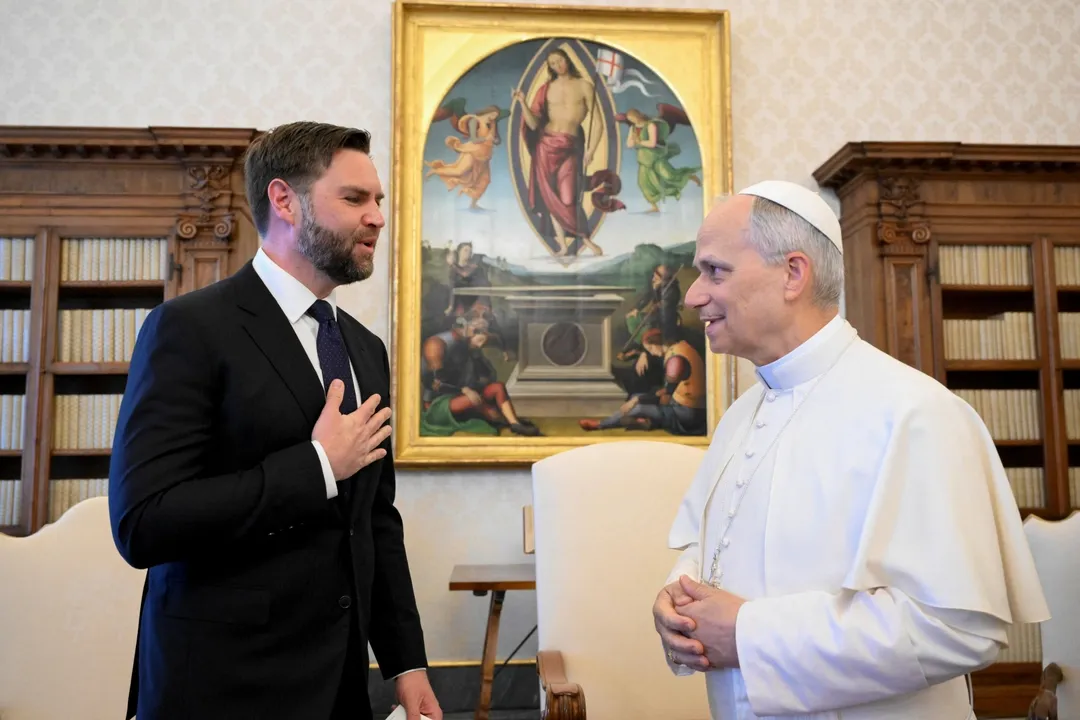
But some leading columnists and Trump allies have hinted at a Vatican plot, suggesting that the conclave elected Prevost as a counter-measurement for the America First movement in Washington and beyond.
“Nobody knows precisely why the College of Cardinals selected this American pope, but one can speculate that they saw or see him as a counterpoint to less forgiving or less tolerant trends in American politics, particularly President Trump,” says Matthew Bryza, a former US diplomat and fellow Chicagoan with a Catholic faith.
Bryza sees in Pope Leo XIV an antithesis to the Trump administration, which is using trade and tariffs to put pressure on other nations for “calls for America to be first and not to care about anybody else.” The papal conclave may have embraced this other American who isn’t about America First, but humanity first, regardless of politics, regardless of countries.”
President vs pontiff
In a similar reaction to Bryza, Gerard Baker, a Catholic British-American columnist of the Wall Street Journal wrote: “The world’s most famous American is now joined on the global stage by a very different and perhaps more consequential countryman”.
While Baker concedes that Prevost’s election was based on merit, he adds that “you’d be naive to think the cardinals made their historic choice without any consciousness of its meaning for a world in thrall to a mercurial and attention-consuming American leader,” referring to Trump.
Trump has vowed to make America “more religious than ever.” Yet Baker doubts that his vision of religiosity will align with that of the new pope, who leads not 240 million Americans but 1.4 billion Catholics globally.
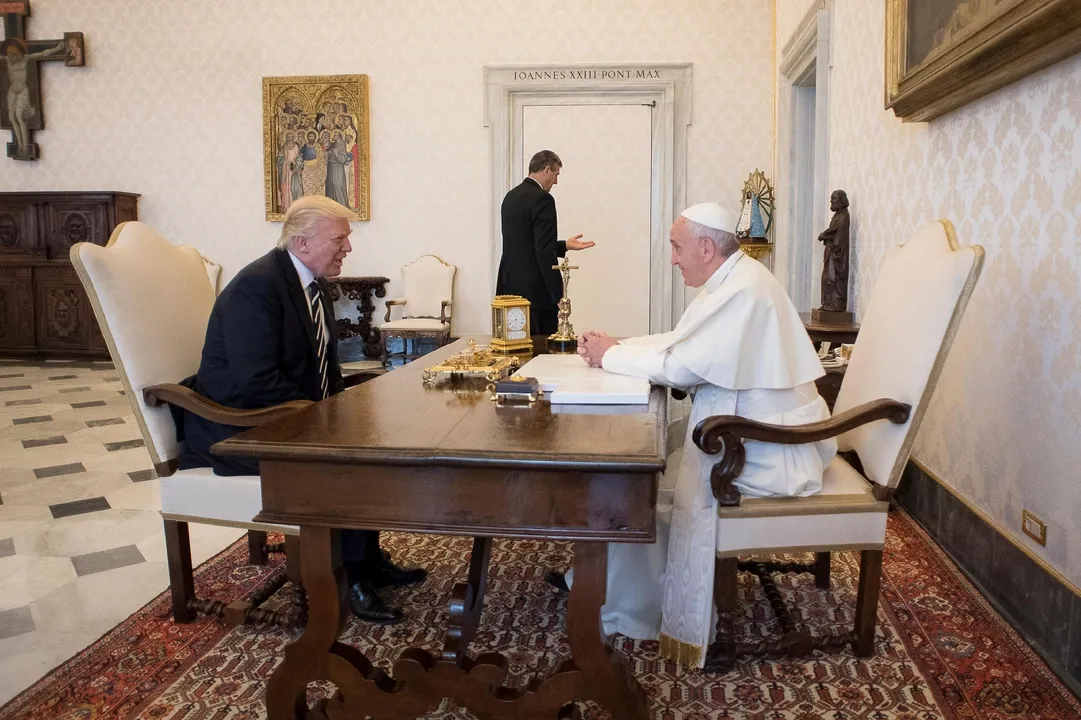
Other analysts suggest that the election of an American pope during Trump’s second term is unlikely to be coincidental. The president’s sweeping domestic and foreign policy changes from migration to tariffs and rebuking the EU as “nastier than China”, has brought much criticism toward Washington’s traditional Western allies.
“Could the cardinals have been making an implicit argument that there is another American path?” asked Stephen Collins, a senior reporter for CNN, referring to new Pope Leo XIV’s different approach to issues like migration and social justice from Trump. Many see that Leo, the new pope’s pick for his papal name, suggests that he wants to emulate Leo XIII, a clear defender of social justice called “Rerum Novarum”.
“It would be superficial to argue Leo’s election is a direct rebuke of Trumpism,” writes Collins. “But it is impossible to ignore the Vatican’s mastery of high politics, honed over centuries before the long before the United States was born,” referring to nearly 2,000 years of the Christian denomination’s history and its survival through the Reform to Modernism.
Some MAGA figures, such as Steve Bannon, are already voicing concern. Bannon, a practising Catholic and former Trump adviser, hinted at a “friction” between the new pontiff and Trump, being shocked that “a guy could be selected to be the Pope that had had the Twitter feed and the statements he's had against American senior politicians."
A Moscow angle?
Leo XIV’s election may also cause discomfort in Moscow, according to Bryza. He compares the situation to Karol Jozef Wojtyla, Archbishop of then communist Poland’s Krakow, who became John Paul II, the first non-Italian pope since the 16th century, in a deeply divided world in 1978 when the chasm between US-led free-market democracies and Soviet-led communist bloc was more pronounced.
John Paul II energised the anti-communist solidarity movement in Poland, Bryza says, leading in 1989 to a democratic election that overturned the country’s communist system, which was followed just two years later by the collapse of the Soviet Union.
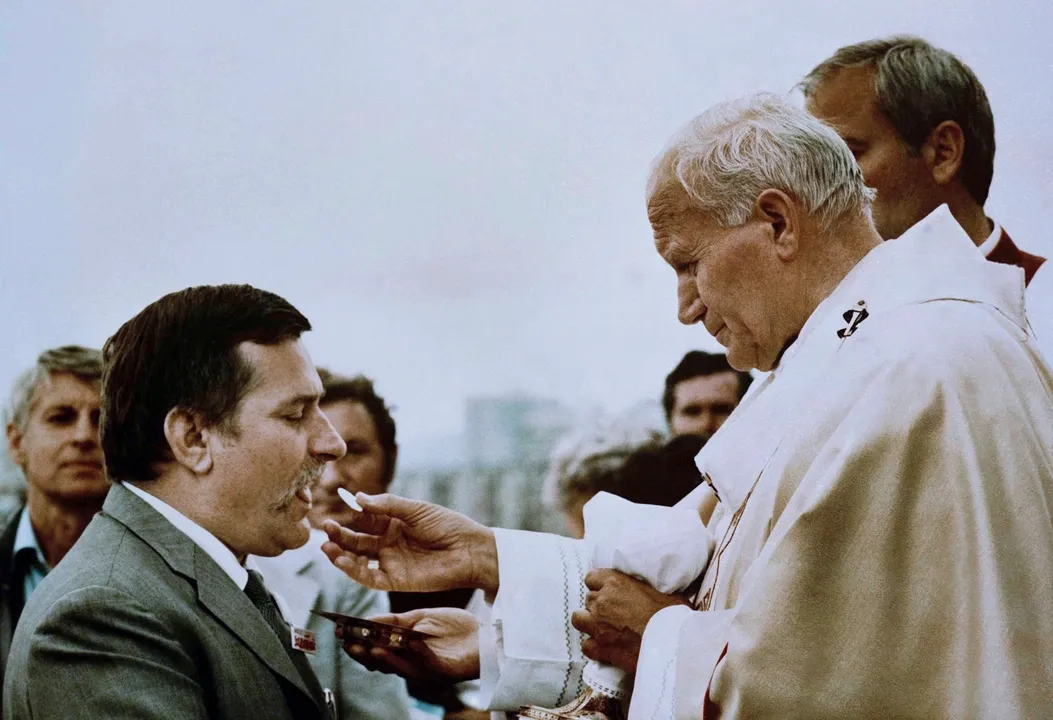
“Putin won’t be pleased that an American now leads the world’s largest religious organisation,” Bryza says.
Given the Soviet and Russian propensity to think about the correlation of forces in the world from economic to political and sometimes spiritual forces moving for or against Moscow's direction, Putin, a former KGB spy, might tend to think that “maybe the correlation of forces is moving against Moscow with this election of an American pope,” Bryza tells TRT World.
The new pontiff offered his good offices to address the ongoing war between Ukraine and Russia, a proposition backed by Trump, appealing both Putin and Zelenskyy “with all his heart” to negotiate peace.
Michele Dillon, a Catholicism expert and dean at the University of New Hampshire, says Pope Leo XIV will continue the Vatican’s tradition of active diplomacy—not only in Europe but also in the Middle East.
Influence on US Catholic direction
More than 20% of Americans identify as Catholic, making it the largest single religious denomination in the country, according to the non-Partisan Pew Research Centre.
The new pope might have a big say on a significant portion of Americans, according to Bryza. “While Protestantism is the largest force in the US, it has too many subgroups unlike Roman Catholics,” he adds.
While a slight majority of US Catholics lean Republican, the community is politically diverse, with both Catholic presidents—Kennedy and Biden—being Democrats.
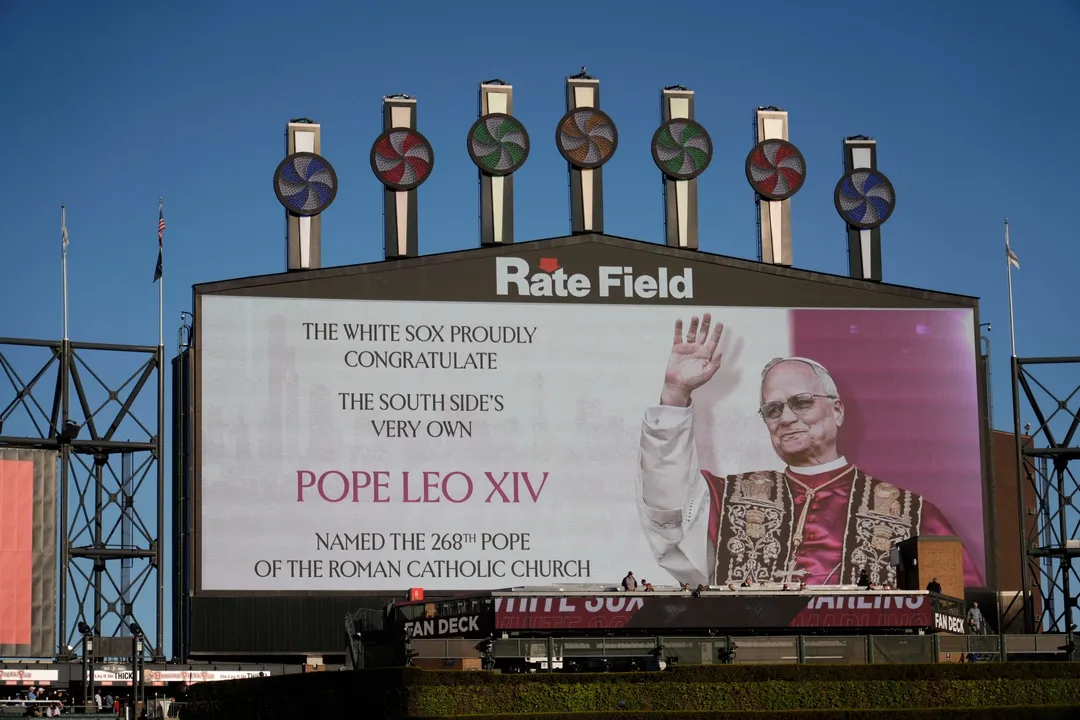
“Protestants are more numerous, their significant differentiation among mainline, evangelical, and historically Black Protestant denominational traditions constitute discrete minorities,” Dillon tells TRT World. “Catholics, by contrast, are organisationally unified,” she adds.
While American Catholics will be “excited and energised” by the presence of a Chicagoan pope, this will not lead to a groundbreaking change in US religious perceptions, Bryza predicts. However, “the tremendous moral integrity” of the new pope provides a better alternative for not only US Catholics but also other Americans than Trump’s divisive politics, according to Bryza.
Others go further. They also think that Leo XIV presents a more profound reality for American universal influence, which is usually identified with US military interventions, Wall Street and Hollywood.
Christopher Hale, a Catholic nonprofit executive, writes that Leo XIV’s election marks a symbolic turning point in how American global influence is perceived.
“This is more than a Catholic triumph; it’s a cultural watershed,” he writes. “In a society that often equates influence with power, money, or celebrity, our foremost global representative is now a humble man in white robes, preaching love, justice and mercy.”
Comments
No comments Yet








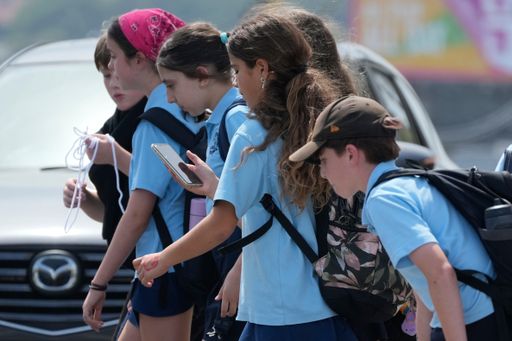
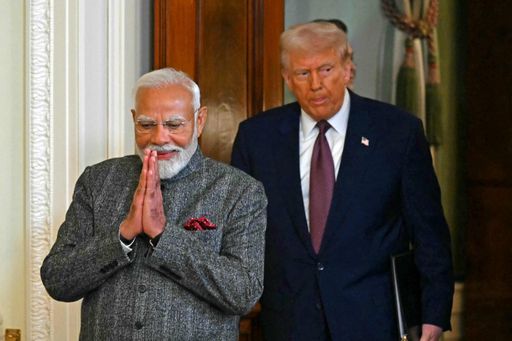
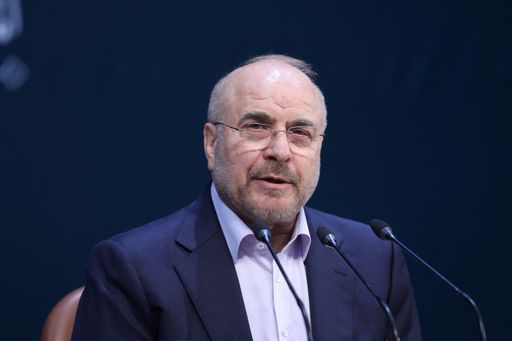
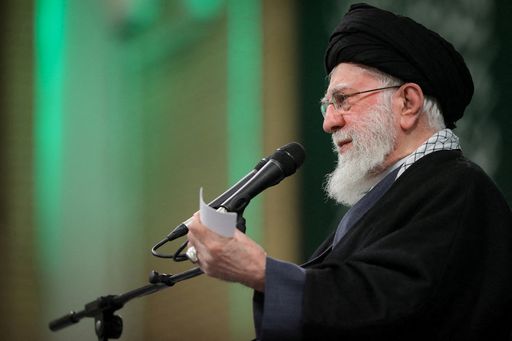








Comment